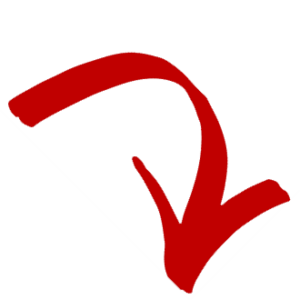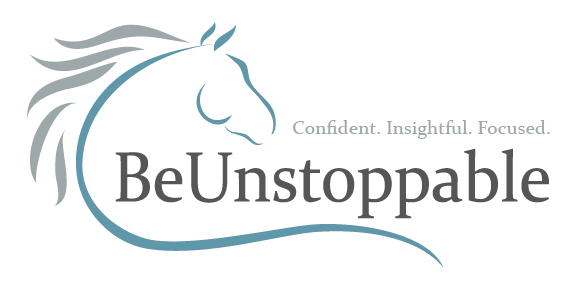It’s easy to lump an entire run together as really good, or really awful, and not think another thing about it. (Well, maybe you ponder it a bit longer if you experience the low end of the totem pole.)
I once had a friend suggest that I should make a decision about how long I was going to feel badly about something based on how truly wretched or slightly off my error really was.
What takes your herdwork and cutting to higher and higher levels over time, is your ability to break it down into very distinct segments.
This includes everything from how mentally focused you were, to how well prepared your horse was, to your ritual before you went in, to watching (or not watching) cattle, to how you made your cuts, to how you worked the cow, etc., etc. You get the idea.
The key is to discover within each small piece where an error just began and make your corrections there.
I see herdwork in seven distinct large categories.
Then, within each of these 7 categories, there are even smaller chunks.
Getting better at herdwork by approaching it in larger categories and then even smaller segments within those categories has worked for me in my training and in my teaching.
These are the 7 larger categories:
1. Mental and emotional skills to perform at your best “under pressure,” as well as to make the best out of difficult times.
2. Horsemanship knowledge and skills to be able to effectively communicate with your horse in and out of the herd.
3. Herd-work skills to maneuver well in a herd, choose the best cow in a particular situation, and earn score credit for herdwork.
4. The ability to be accurate and in the correct position as you work the cow; anticipate and counter a cow’s moves with grace and speed.
5. The ability to school your horse at home so you can maintain his correctness and become a pro-active rider instead of a vulnerable passenger.
6. Showmanship skills to escalate your competitive advantage and be successful in competition.
7. An ability to design your own program and your horse’s program according to what you enjoy as you stay true to your personal values.
The best news is that sometimes as you master one seemingly small chunk within a category, many other things fall into place naturally.
It doesn’t matter so much about your God-given talent. What does matter is your willingness to build your confidence by improving your abilities within the small pieces within the categories.
Be sure to give yourself credit for what you already know (and can do with relative ease) and then take the next steps to improve that next small step.
LET US KNOW YOUR THOUGHTS 


Thanks for sharing. I read many of your blog posts, cool, your blog is very good.
Your point of view caught my eye and was very interesting. Thanks. I have a question for you.
Your article helped me a lot, is there any more related content? Thanks!